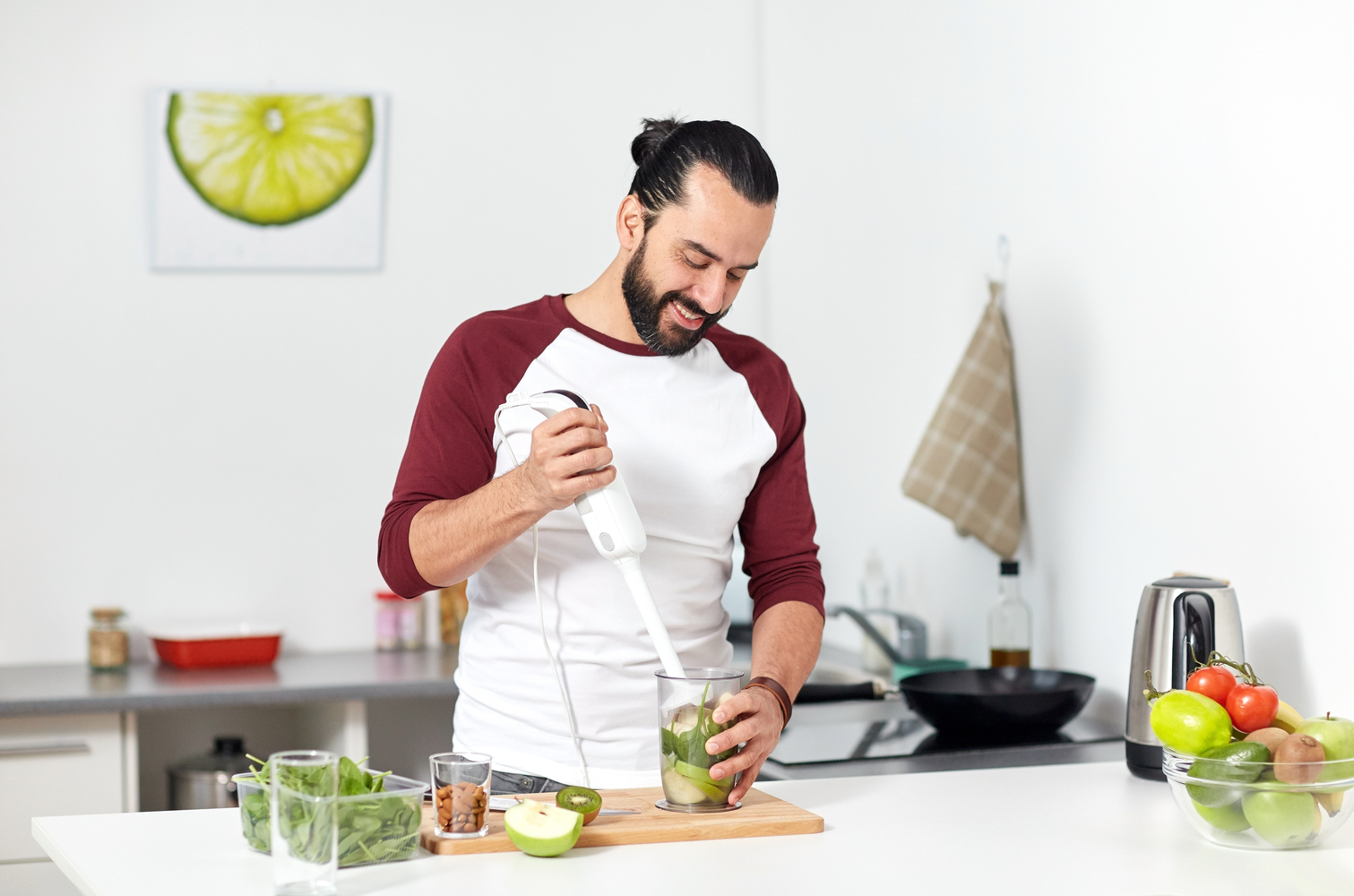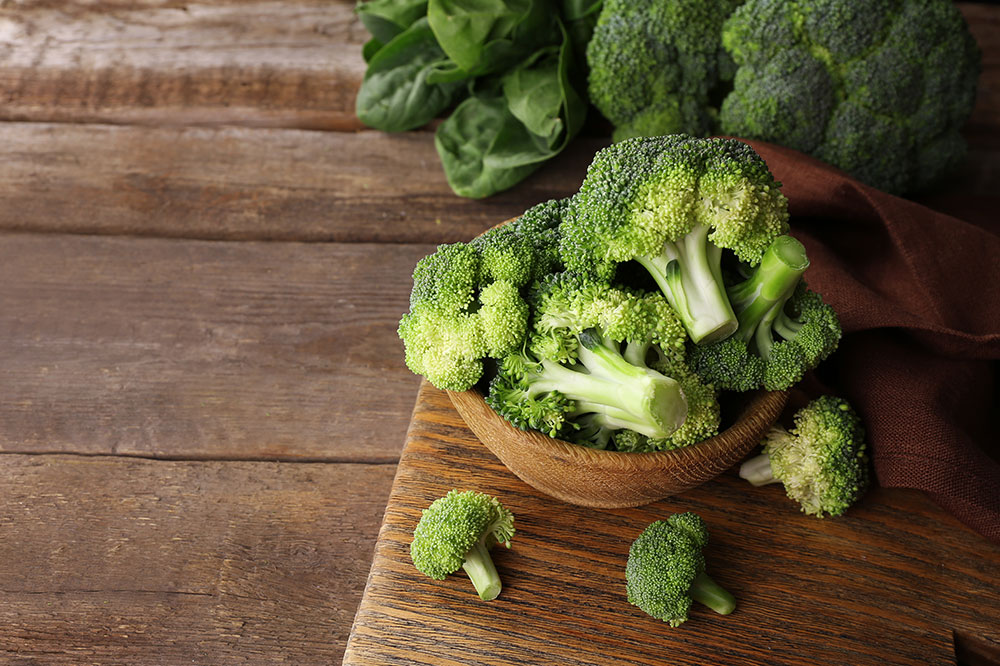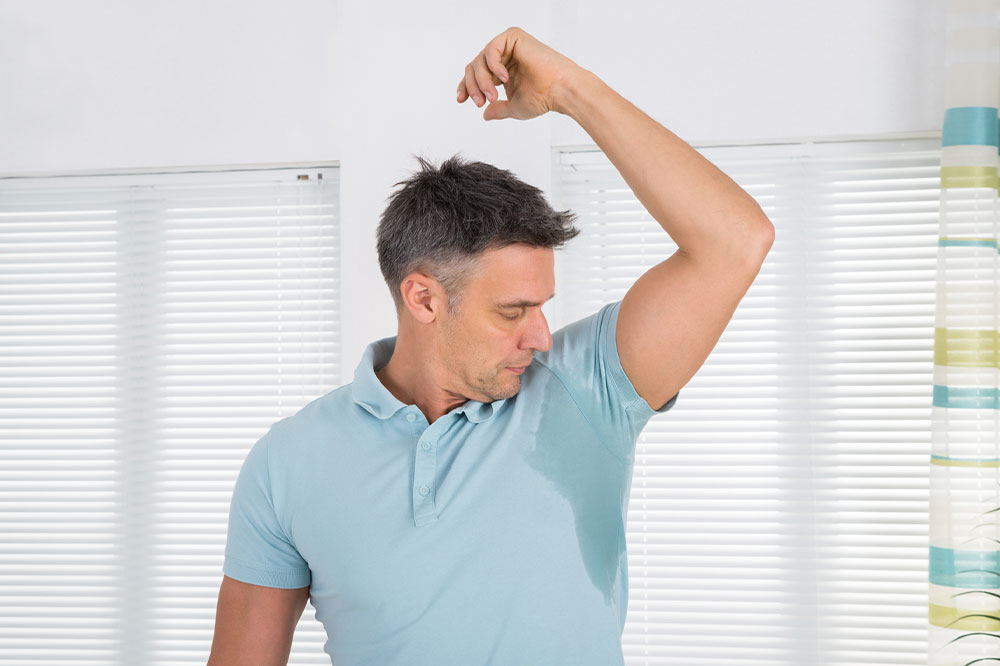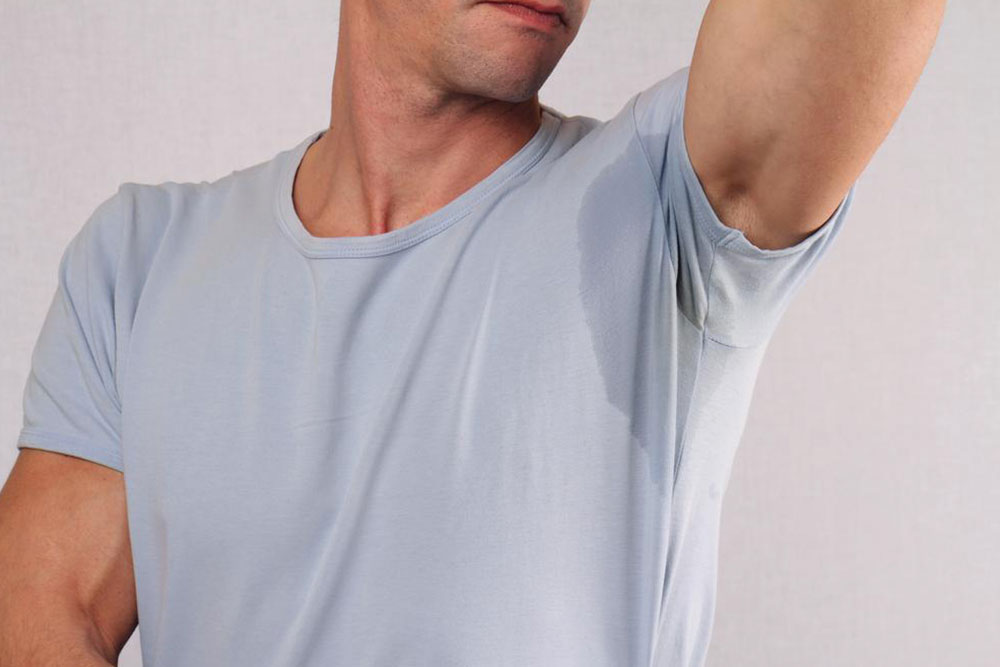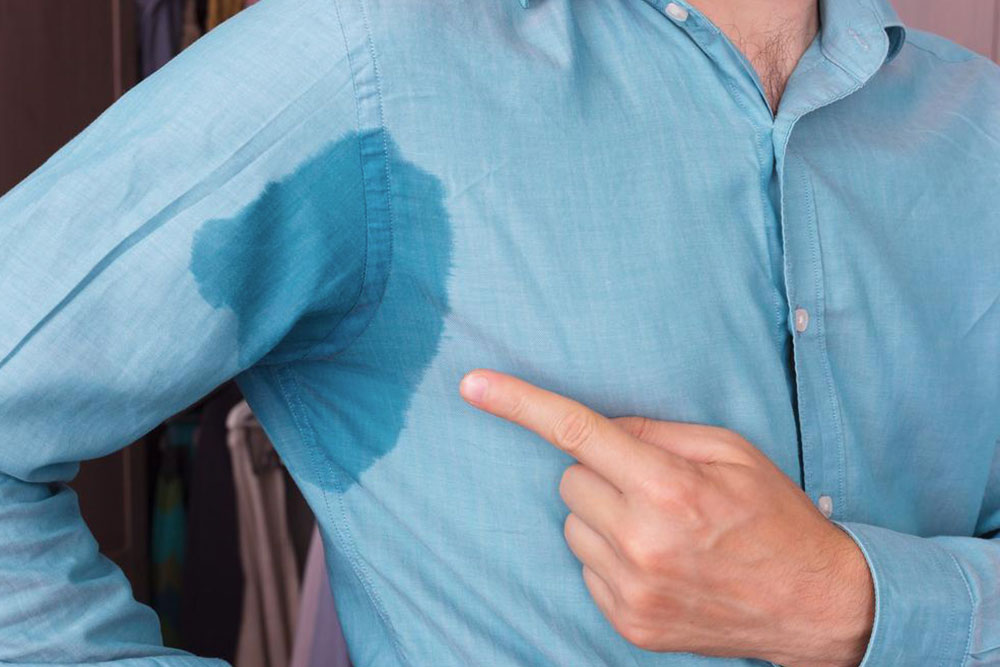Excessive sweating – Here’s what to eat and avoid
Hyperhidrosis is a health condition where one sweats excessively irrespective of the temperature or activity. They can sweat through their clothes, or it can even drip off their hands. Such excessive sweating puts people in uncomfortable positions, especially in public spaces. While there are treatments for hyperhidrosis, making some dietary changes can also help manage hyperhidrosis. Here’s a list of what to eat and avoid for excessive sweating.
What to eat?
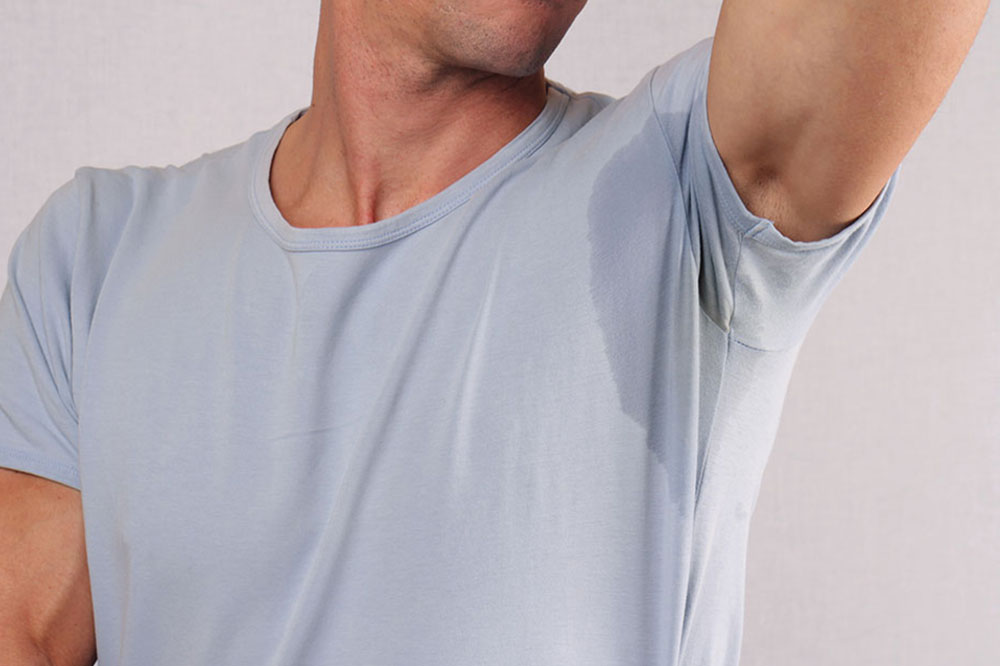
- Water-rich fruits and vegetables
Adding fruits and vegetables rich in water content to the diet is a great way to keep the body cool and reduce excessive sweating. Cauliflower, eggplant, grapes, and watermelon are good water-rich food sources, to name a few.
- Olive oil
Olive oil is good as far as metabolism and the digestion process are concerned. Good digestion keeps body temperature free from any irregular surges, in turn, preventing excessive sweating. So, it’s advisable to cook food in olive oil.
- Lots of water
It’s a no-brainer that water is a saving grace for a lot of conditions, including hyperhidrosis. Water lowers the body temperature, which can help reduce sweat. Even at work, keeping a bottle of water nearby can save one from excessive sweating and embarrassment.
What to avoid?
- Fatty and processed foods
Consuming chocolates, white bread, and fast foods take longer for the body to process. This is why these foods cause excessive sweating when one eats or digests. It’s best to cut down on such foods. - High-fat milk
One should keep in mind that consuming high-fat milk can make them perspire even while drinking it. That’s because foods high in fat can induce excessive sweating and are definitely on the blacklist for people with hyperhidrosis. - Spicy foods
Eating spicy foods is non-negotiable. Spices confuse the body into thinking it’s a hot day. It triggers the sweat glands into unnecessarily trying to cool down the body, just like how it would play out on a hot day.
It is important to get in touch with a dietician before making any dietary changes. After all, they are medically trained professionals and the best to recommend what can work and what can’t for an individual.
